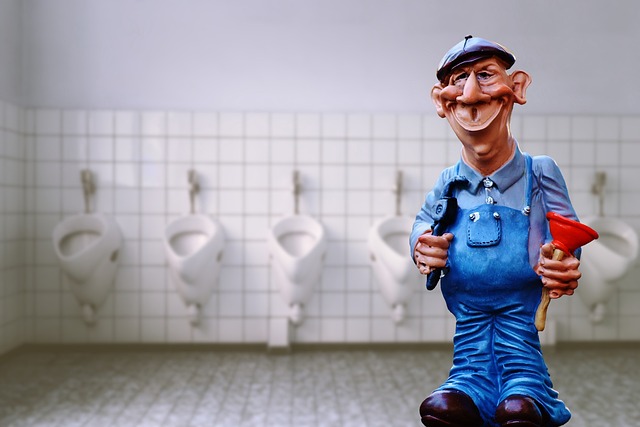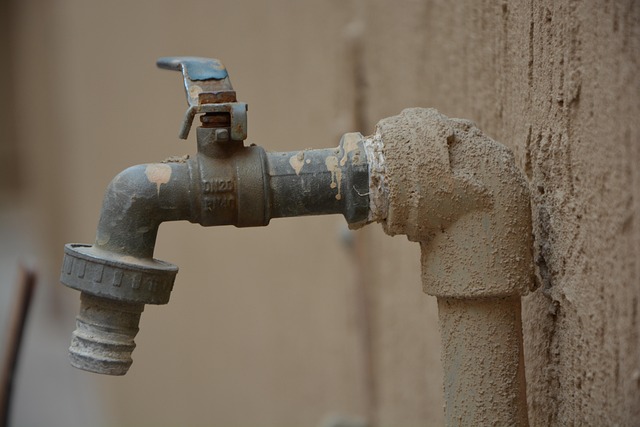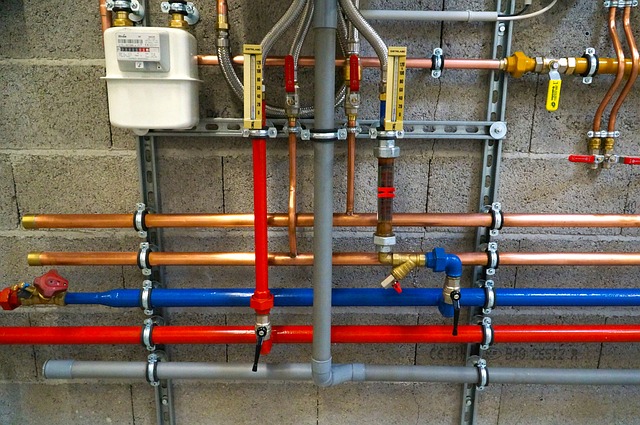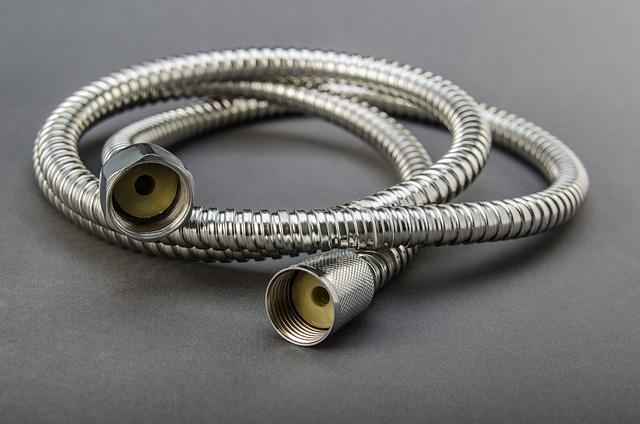Hard water, high in calcium and magnesium, causes significant plumbing problems like reduced water pressure, frequent clogs, and increased maintenance needs for heaters and pipes. It leads to mineral buildup, pipe corrosion, premature heater failure, higher energy costs, and reduced fixture lifespans. Common solutions include installing water softeners, regular maintenance, using water-efficient fixtures, and natural softening treatments like vinegar to prevent these common plumbing issues.
Hard water, a common concern in many homes, can cause significant damage to plumbing systems over time. This natural occurrence, characterized by high mineral content, leads to various problems, from clogged pipes to reduced water pressure. Understanding the causes and types of hard water is the first step in tackling its impact on your plumbing. In this article, we’ll explore common plumbing issues related to hard water and provide effective solutions for prevention and maintenance.
Understanding Hard Water: Causes and Types

Hard water is a common plumbing issue that can cause a variety of problems in your home’s water supply system. It’s characterized by high mineral content, particularly calcium and magnesium, which accumulate over time, leading to scale buildup in pipes, fixtures, and appliances. Understanding the causes and types of hard water is crucial for identifying potential plumbing issues early on.
There are two primary types: mineral hard water and chemical hard water. Mineral hard water results from the presence of dissolved minerals in groundwater as it flows through rock formations. Chemical hard water, on the other hand, occurs when water picks up calcium and magnesium along its path due to natural processes or human activities like agricultural runoff. Both forms can contribute to common plumbing issues such as reduced water pressure, frequent clogs, and the need for more frequent maintenance of water heaters and pipes.
Common Plumbing Issues Related to Hard Water

Hard water, rich in minerals like calcium and magnesium, can lead to several common plumbing issues over time. One of the most visible signs is the buildup of scale on pipes, appliances, and fixtures. This mineral deposit not only reduces water flow but also shortens the lifespan of your plumbing components. As hard water passes through pipes, it can cause corrosion, leading to leaks and potential pipe damage.
Additionally, hard water contributes to the premature aging of water heaters, causing them to work harder and less efficiently. This results in increased energy costs and a higher risk of failure. Other common plumbing issues include reduced pressure throughout your home’s water system, clogged pipes due to mineral buildup, and frequent repair needs for various fixtures and appliances affected by hard water.
Solutions and Prevention Strategies for Hard Water Impact on Plumbing

Hard water can lead to a range of common plumbing issues over time, from mineral buildup in pipes and fixtures to reduced water pressure. To mitigate these problems, several solutions and prevention strategies are available. One effective approach is installing a water softener system, which uses various technologies like ion exchange or reverse osmosis to remove excess minerals from the water supply. Regularly maintaining and cleaning your plumbing can also help. This includes flushing out sediment buildup in pipes and periodically checking for leaks that can result from mineral deposits.
Additionally, using water-efficient fixtures and appliances can reduce the impact of hard water. Low-flow showerheads and faucets not only conserve water but also minimize the strain on plumbing caused by high water pressure, which is often associated with hard water. Preventive measures such as applying a water conditioner or using vinegar for natural softening can further protect your plumbing system from mineral damage. By implementing these strategies, homeowners can extend the lifespan of their plumbing and avoid costly repairs stemming from hard water issues.
Hard water, with its mineral content, while natural, can lead to numerous common plumbing issues over time. From scale buildup that reduces water flow to corrosion of pipes and fixtures, understanding the impact is key to maintaining a well-functioning plumbing system. By implementing strategies like water softening, regular cleaning, and mindful use, homeowners can mitigate these problems, ensuring their plumbing remains efficient and durable for years to come.
